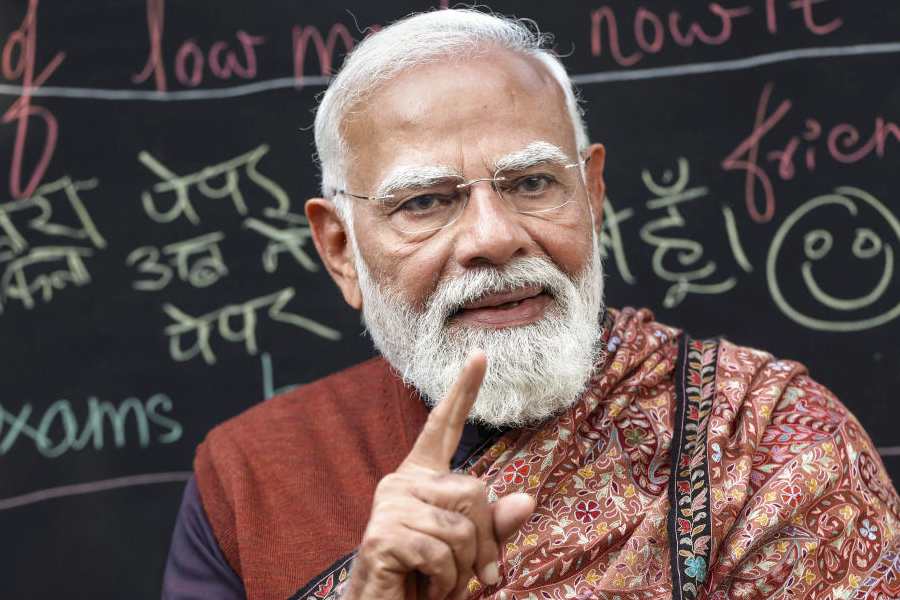It is said that India’s ruling regime is working tirelessly to realize its dream of ‘one nation, one party’. Strangely, the Bharatiya Janata Party-led Central government does not seem to be equally enthusiastic about ‘one nation, one price’ for the coronavirus vaccines. The newly-minted vaccination policy announced by the Centre has led to such speculation. The Narendra Modi government has said that from May 1, the Centre would only procure 50 per cent of the doses, permitting vaccine manufacturers to sell the remaining batches of medicine to state governments and private hospitals at variable prices. The results are there for all to see. Covaxin, the indigenous drug, is set to be available at Rs 1,200 per dose in private hospitals; Covishield — the AstraZeneca drug that is being produced by Serum Institute of India — would, reportedly, be sold at Rs 400 per dose for state governments and Rs 600 per vial for private hospitals. Apparently, the pricing is sensitive to investment requirements, which, in turn, would be critical to augment manufacturing capacities at a time when India is being severely lashed by the second wave of the pandemic.
Of course, the BJP’s pledges on the vaccine have been characteristically dodgy. During the assembly elections in Bihar, the party had promised to vaccinate the people of the state free of cost, a pledge that has rung hollow; yet, the party has also made similar noises in poll-bound Bengal. The Centre’s vaccination policy is riddled with similar inconsistencies. Unlike recipients aged 45 and above, those above 18 years but below 45 — the constituency for which vaccination will now be available from May — would not be able to receive free doses in government hospitals. The differential pricing of doses is likely to replicate such segmentation. Those with lower purchasing power and, arguably, at greater risk of contracting and spreading the virus on account of several socio-economic constraints, are unlikely to have greater access to the medicine. The other concern lies with the absence of a mechanism of retail price capping. Hence, the possibility of price fluctuations cannot be ruled out. Several states have promised to vaccinate their citizens for free but there is concern whether they would have sufficient amounts of doses at their disposal. The incongruities in the vaccine pricing strategy seem to mirror the ineptitude and ad-hocism that have mired this government’s attempts to tame Covid-19.










